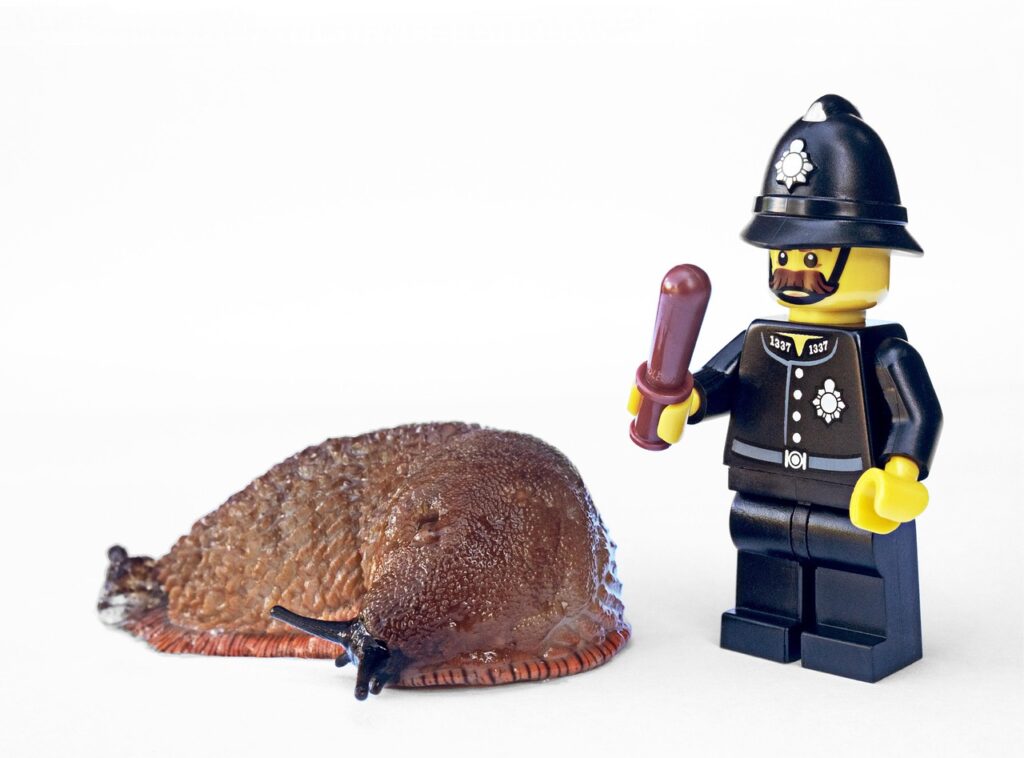Many homeowners and businesses face rodent problems that can cause property damage and health risks. Rats are known to spread diseases, contaminate food, and damage wiring or insulation, making professional rat extermination essential for safe and effective removal. A rat exterminator uses specialized techniques and tools to eliminate infestations efficiently and prevent future threats.
Exterminators assess the level of infestation, identify entry points, and implement control methods tailored to the situation. These methods may include traps, baiting, and sealing off access, ensuring a thorough and lasting solution. Understanding the approach helps property owners make informed decisions about managing rodents in their space.
Choosing the right rat exterminator involves considering experience, methods used, and local availability. Reliable pest control services combine expert knowledge with up-to-date technology to handle infestations safely, whether residential or commercial.
Rat Exterminator Services
Rat exterminator services involve a detailed process that begins with identifying the extent of the infestation. Effective removal relies on targeted treatment and steps taken to stop rats from returning, focusing on safety and long-term control.
Inspection Process
A professional rat exterminator starts with a thorough inspection of the property. They look for signs such as droppings, gnaw marks, nesting materials, and entry points where rats can enter buildings.
They also assess structural damage and potential breeding sites. This helps determine the infestation size and guides the choice of treatment.
The inspection includes both indoor and outdoor areas, especially around foundations, attics, basements, and garages. Inspectors may use tools like cameras or trackers to locate hidden nests.
Identifying rat species is important since different species may require different control methods.
Treatment Methods
Treatment typically combines multiple approaches based on inspection results. Common methods include trapping, baiting, and exclusion techniques.
Traps vary from snap traps to live-capture traps, depending on the goal. Baits often contain rodenticides but are placed carefully to minimize risk to pets and humans.
Exclusion involves sealing entry points such as cracks, vents, and gaps in walls to prevent re-entry. Some exterminators use humane and eco-friendly options in their treatments.
Terminating the infestation swiftly reduces health risks and structural damage. Professionals monitor the effectiveness and adjust methods if needed.
Prevention Strategies
After removal, prevention focuses on eliminating attractants and potential shelter. This includes proper waste management and securing food sources inside and outside the home.
Removing clutter and debris reduces hiding spots. Yard maintenance such as trimming shrubs and removing bird feeders can deter rodents.
Regular inspections and maintenance help identify vulnerabilities early. Installing screens and sealing holes keep rats out over time.
Education on habits that invite rats is part of prevention counseling by exterminators, helping property owners maintain a rat-free environment.
Choosing a Professional Rat Exterminator
Selecting a professional rat exterminator involves evaluating their expertise, reliability, and pricing. Key factors include verifying credentials, understanding what guarantees are offered, and comparing costs in relation to the services provided.
Qualifications and Certifications
A professional rat exterminator should hold proper certifications and licenses. These credentials prove they have received training in safe and effective pest control methods.
It is important to check if the company adheres to local regulations and standards. Certified technicians typically stay updated with new pest management techniques through continuing education.
Experience also matters. Companies with a proven track record in rat removal can assess infestations accurately and use targeted solutions that reduce risks to property and health.
Service Guarantees
Reliable exterminators often provide service guarantees that cover follow-up treatments if rats return. These guarantees show confidence in their methods and protect customers from ongoing problems.
Consumers should ask about the duration and terms of any guarantee. Clear policies about revisit schedules and additional costs help avoid misunderstandings.
A good guarantee will specify what is included, such as monitoring, re-treatment, and potential repairs related to rat damage.
Cost Considerations
Cost varies depending on infestation severity, treatment methods, and company reputation. Pricing may include initial inspection, extermination, and follow-ups.
Customers should request detailed quotes that break down charges. Comparing multiple providers helps ensure fair pricing without sacrificing quality.
Budgeting for professional extermination is crucial because ineffective DIY attempts often lead to higher long-term costs from recurring infestations and property damage.




